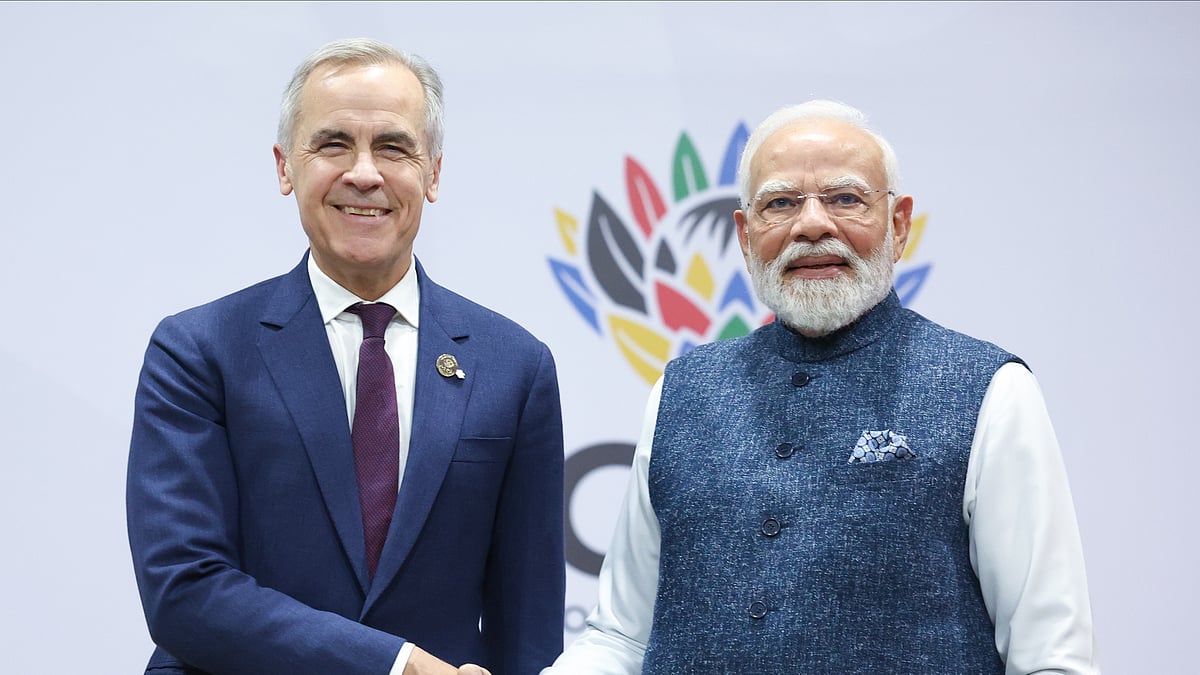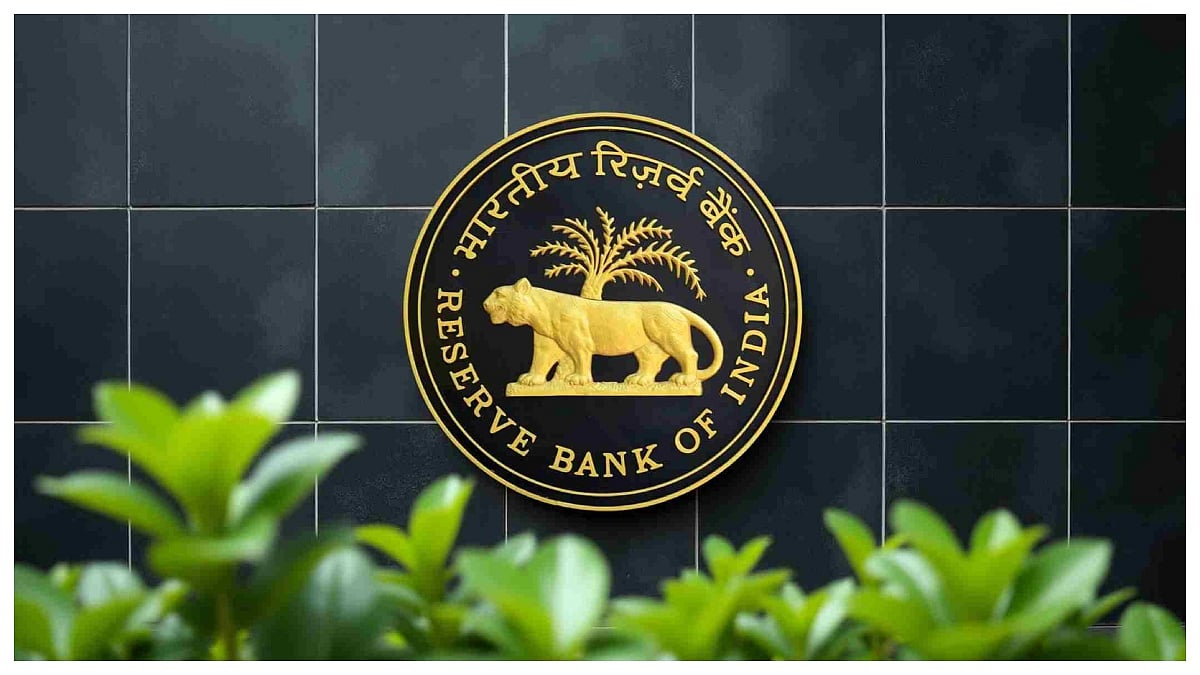On November 26, country will celebrate the 7th Constitution Day or Samvidhan Diwas. The Constitution Day was first celebrated six years ago in 2015 as a mark of tribute to Dr Bhim Rao Ambedkar, the first law minister of India, who played an important role in the framing of the Indian Constitution.
The Constitution came into effect on January 26, 1950, which is celebrated as Republic Day. The Government of India declared November 26 as Constitution Day on November 19, 2015, by a gazette notification.
As a citizen of India, we are entitled to certain rights as well as obliged to certain duties. It is our duty as responsible citizens that we abide by these laws and carry out our duties. Similarly, knowledge of our fundamental rights is important so as to prevent injustice. Let us update ourselves about the Fundamental Rights and Duties laid down by the constitution of India.
The Fundamental Rights
These are the basic human rights of all citizens, defined in Part III of the Constitution. These are applicable irrespective of race, place of birth, religion, caste, creed, or gender. They are enforceable by the courts, subject to specific restrictions. Following are some of the important rights of the citizens of India in accordance with the Constitution.
Right to Equality
Right to freedom
Right against exploitation
Right to freedom of religion
Cultural and Educational Rights
Right to Constitutional Remedies.
Right to Equality (Articles. 14-18): It includes equality before the law without any discrimination on the grounds of religion, race, caste, gender or place of birth.
Right to Freedom (Articles. 19-22): It includes freedom of speech and expression, assembly, association, movement and residence. It also gives freedom of right to practice any profession or occupation.
Right against exploitation (Articles. 23-24): It prohibits all forms of forced labour, child labour and trafficking of human beings.
Right to freedom of religion (Articles. 25-28): It includes freedom of conscience and free profession, practice, and propagation of religion and freedom to manage religious affairs.
Cultural and Educational Rights (Articles. 29-30): It preserves the right of any section of citizens to conserve their culture, language or script.
Right to constitutional remedies (Articles. 32-35): If fundamental rights of any citizen are violated, he/she can approach the court for enforcement of his rights.
The Fundamental Duties
These are defined as the moral obligations of all citizens to help promote a spirit of patriotism and to uphold the unity of India and concern the individuals and the nation. Included in Part IVA of the Constitution, like the Directive Principles, they are not enforceable by the law. According to the constitution, following are the duties to be followed by every citizen of India
To abide by the Constitution and respect its ideals and institutions, the National Flag and the National Anthem.
To cherish and follow the noble ideals which inspired our national struggle for freedom.
To uphold and protect the sovereignty, unity, and integrity of India.
To defend the country and render national service when called upon to do so.
To promote harmony and the spirit of common brotherhood amongst all the people of India transcending religious, linguistic and regional or sectional diversities; to renounce practices derogatory to the dignity of women.
To value and preserve the rich heritage of our composite culture.
To protect and improve the natural environment including forests, lakes, rivers, wildlife and to have compassion for living creatures.
To develop the scientific temper, humanism and the spirit of inquiry and reform.
To safeguard public property and to abjure violence.
To strive towards excellence in all spheres of individual and collective activity, so that the nation constantly rises to higher levels of endeavor and achievement.
Who is a parent or guardian, to provide opportunities for education to his child, or as the case may be, ward between the age of six to fourteen years.
According to the 86th constitutional amendment in 2002, it is the duty of the people of India to adapt to make India a safer place to live, to be clean and make the surrounding clean and not to hurt anybody physically and mentally.





